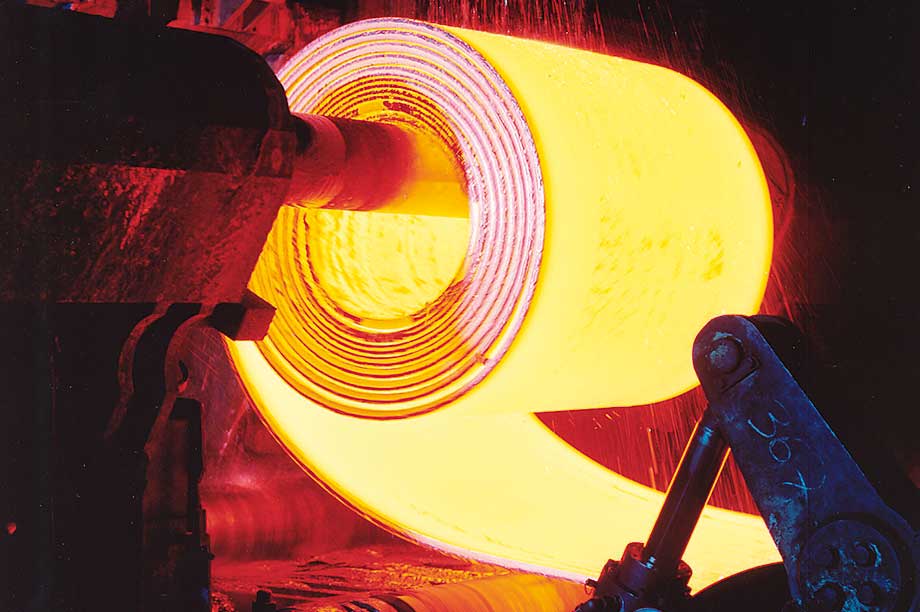Wind can profit from China crash
The shock waves of China's financial crisis are still bouncing around the world's stock markets, and while economists argue over what it might all mean for the global economy, they largely agree that it is A Bad Thing.
But that is not necessarily true for the wind industry, particularly for turbine manufacturers.
It will be a few months before the effect is felt, but the fall in commodity prices prompted by China's slowdown, especially oil, steel and copper, will cut the cost around the world of making turbines and towers.
These items alone account for close to 60% of the capital costs of building an onshore wind farm, so even a relatively modest reduction in the price of raw materials should make a notable difference. Developers should also profit from reductions in their transport costs, which is a big factor in the offshore sector.
China's turbine manufacturers might further benefit from the devaluing of the yuan, which will have the effect of making their exports cheaper. That probably won't help them shift stock into the ultra-competitive European and North American markets, but it could help boost their presence in emerging sectors elsewhere.
The things they say
 "I think a lot about the Department of Energy because energy is my baby. Oil, gas, minerals, those things God has dumped on this part of the earth for mankind's use instead of relying on unfriendly foreign nations for us to import their resources"
"I think a lot about the Department of Energy because energy is my baby. Oil, gas, minerals, those things God has dumped on this part of the earth for mankind's use instead of relying on unfriendly foreign nations for us to import their resources"
Sarah Palin, campaigning to become secretary for the US department of energy, under presidential candidate Donald Trump. If appointed, her first action will be to close down the department
Figures and Facts
14.5 kilometres: Distance from shore of the nearest turbine in the Navitus Bay project, axed by UK government
US$ 14 billion: The price paid by US business GE for French Alstom's power and grid assets
US$ 14.7 million:. Average remuneration last year for the CEOs of the 30 largest publicly held oil, gas and coal companies in the US
The wind-hating UK public is a myth
The confidence with which the new UK government has set about withdrawing support for renewables while promoting shale-gas exploration and new nuclear build shows no sign of abating. It seems to be built on the blithe assumption that everybody hates wind farms and solar arrays - hideous monstrosities that despoil the landscape and don't work most of the time - and that the only thing UK electricity consumers are interested in is lower prices.
The trouble is, there's precious little evidence to back it up. A recent poll of more than 2,000 people conducted by Co-operative Energy found that given the choice between living near a wind turbine or a shale gas well, 65% opted for the turbine and only 14% for the well. Even when only supporters of the governing Conservative Party were counted, the numbers still came out in favour of the turbine — 58% to 23%.
UK consumers also seem less than convinced that green levies are driving up their bills. Only 17% of respondents thought this was the case, while 49% blamed it on the energy utilities' greed for profit.
Meanwhile, opposition to shale-gas exploration is gathering momentum across the UK, and the start-up date for the Hinckley C nuclear power plant has been pushed back beyond 2023.




.png)
HR.jpeg)
.png)








